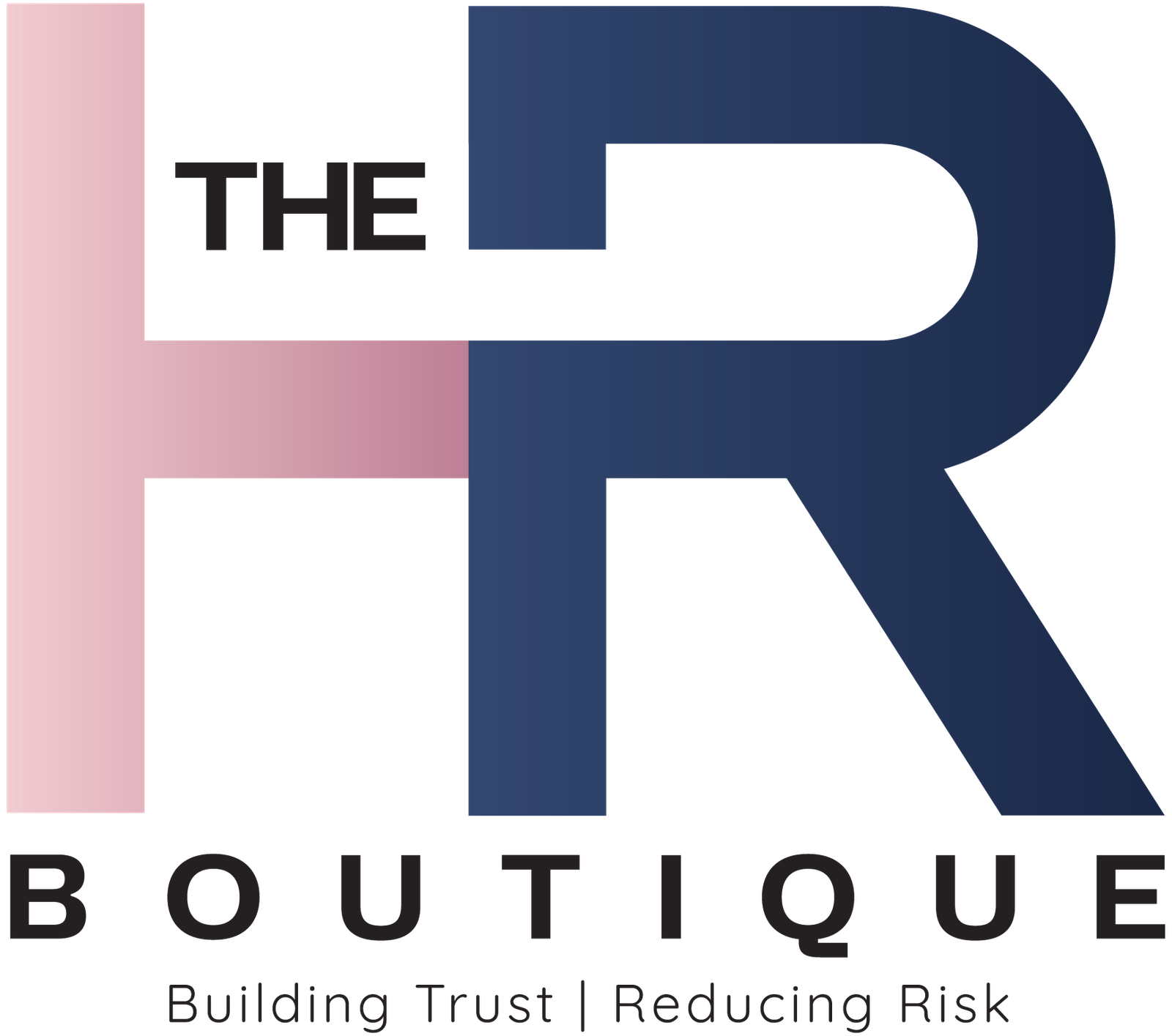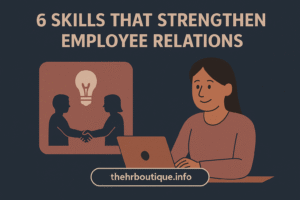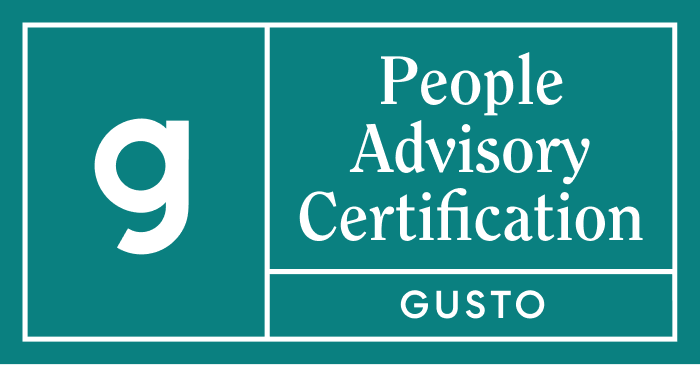Let’s be real – when you started your small business, HR was probably the last thing on your mind. You were focused on your product, your customers, and keeping the lights on. But now that you’ve got a handful of employees, you’re realizing that HR isn’t just some corporate buzzword. It’s the difference between a team that thrives and a business that’s constantly putting out fires.
I’ve worked with dozens of small business owners who all said some version of: “I didn’t start this business to become an HR expert.” And you know what? You shouldn’t have to be. That’s why we’re going to break down exactly what HR services your small business actually needs – no corporate fluff, just practical advice from someone who’s been in the trenches.
Why Small Business HR Is Different? (And Why That Matters)
Corporate HR departments have teams of specialists. You? You’ve got… well, probably just you. Here’s what makes small business HR unique:
- You Wear All the Hats
One minute you’re the CEO, next minute you’re troubleshooting payroll errors. It’s not sustainable. - Every Hire Feels Personal
When you only have 10 employees, each one represents 10% of your workforce. A bad hire or unhappy employee hits harder. - Compliance Isn’t Optional
Just because you’re small doesn’t mean labor laws don’t apply to you. In fact, many small businesses get caught because they think they’re “too small” to worry about it. - Culture Happens Whether You Plan It or Not
In big companies, culture is managed. In small businesses, it just emerges – for better or worse.
The 5 HR Services Your Small Business Can’t Afford to Ignore
1. Getting Hiring Right (Without the Guesswork)
Bad hires cost small businesses an average of $15,000 each. Here’s how to do better:
- Write Actual Job Descriptions
Not just “Looking for rockstar!” Be specific about responsibilities and expectations. - Stop Relying on Interviews Alone
Implement skills assessments or trial projects. I’ve seen amazing interviewees who couldn’t actually do the work. - Standardize Your Process
Create scorecards to evaluate candidates objectively. It prevents “gut feeling” hires that backfire.
Pro Tip: Use free tools like BambooHR or Zoho Recruit to manage applicants without drowning in spreadsheets.
2. Payroll That Doesn’t Keep You Up at Night
Payroll mistakes destroy employee trust. Get these basics right:
- Choose the Right Pay Schedule
Biweekly? Semimonthly? Know the difference and stick to it. - Classify Workers Correctly
1099 vs W-2 isn’t a choice – misclassification fines can sink you. - Automate Where Possible
Services like Gusto or QuickBooks Payroll handle taxes and filings automatically.
True Story: A client almost got audited because they were manually calculating overtime wrong. $5/month payroll software would’ve prevented it.
3. Compliance That Won’t Bite You Later
The labor laws that most often trip up small businesses:
- FLSA (Overtime Rules)
Not paying overtime properly is the #1 wage violation. - State-Specific Requirements
Things like paid sick leave laws vary wildly by location. - I-9 and Background Check Rules
Even small mistakes here can lead to big penalties.
Simple Solution: An annual HR audit from a consultant ($500-$1,000) can identify risks before they become problems.
4. Employee Documentation That Actually Helps
Your HR files shouldn’t live in your head or random sticky notes. At minimum, have:
- Employee Files (one secure place for each person).
- An Actual Employee Handbook (that’s more than just a template).
- Performance Documentation (not just “they’re doing fine”).
Free Resource: The SBA website has great templates for small business HR documentation.
5. Creating a Culture That Retains Good People
For small businesses, retention is everything. Simple things that work:
- Regular Check-Ins (not just annual reviews)
- Clear Growth Paths (even if informal)
- Recognition That Matters (personalized > expensive)
Example: A bakery client reduced turnover 30% just by implementing monthly “growth chats” instead of formal reviews.
When to DIY vs. When to Get Help
DIY These:
- Basic employee documentation.
- Initial hiring screening.
- Culture-building activities.
- Simple policy creation.
Get Help With:
- Payroll setup and compliance.
- Complex employee issues.
- Benefits administration.
- Annual compliance checkups.
Affordable HR Solutions for Small Businesses
You don’t need a full-time HR person. Here are cost-effective options:
- HR Software Bundles
(Like Gusto or Rippling – starts around $6/employee/month) - Professional Employer Organizations (PEOs)
(For 10+ employees – handles payroll, benefits, compliance) - Part-Time HR Consultants
(Many offer monthly retainers for small businesses) - Local SBDC Resources
(Free or low-cost HR workshops in most areas)
The One HR Habit That Will Save You Countless Headaches
Document everything. Every performance issue. Every policy acknowledgment. Every complaint. Why? Because if you ever face a legal challenge, your documentation is your only defense.
Simple system to start:
- Create a secure Google Drive folder for each employee.
- Log significant conversations (with dates).
- Have employees sign important acknowledgments.
Final Thought: HR Is an Investment, Not an Expense
Yes, good HR takes time and money. But compare that to:
- The cost of replacing an employee (up to 150% of their salary).
- The financial hit of a lawsuit (average $40,000 to settle).
- The productivity drain of constant HR fires.
Small business owners often tell me implementing basic HR systems gave them two unexpected gifts: more time to focus on their business, and peace of mind knowing they’re protected.
Action Step: Pick one HR area to improve this month. Maybe it’s finally setting up proper payroll, or creating an actual employee handbook. Small steps lead to big changes.
What’s your biggest HR headache right now? Hiring? Compliance? Employee issues? Hit reply and let me know – I’ll share specific resources to help.





